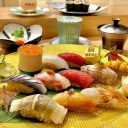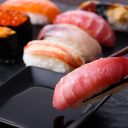Beyond the metro hubs and multi-lingual restaurants, Japan remains a haven for local, family-owned restaurants. While providing amazing dining experiences, some international visitors may be hesitant to dine without an English menu. Recognising the following Japanese characters will help you to understand the broader proteins and dishes that are being offered – a godsend for when google translate or your Wi-Fi lets you down!
定食(teishoku) Set Meal
These are the key characters to look out for when you’re craving a filling meal. Directly translating to ‘set meal’, teishoku’s generally include a main dish accompanied with rice, miso soup and pickles, if not more. They tend to be very generous and significantly cheaper at lunch time – definitely a meal to seek out when in the affluent neighborhoods of Ginza or Omotesando.
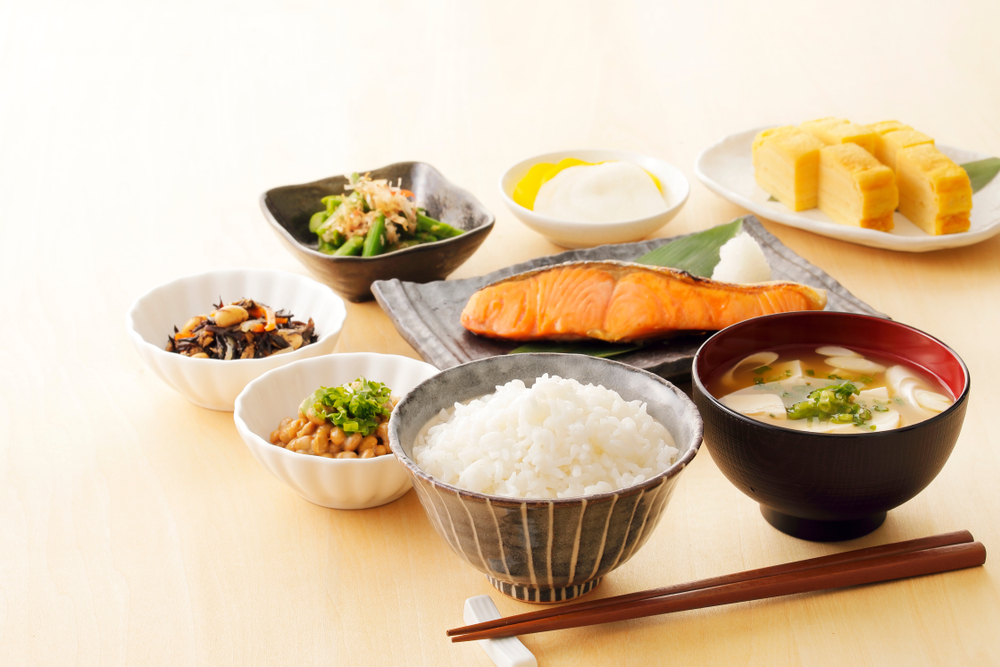
煮る(niru)To simmer
While initially this may not sound as appealing as the above fried foods, please don’t dismiss simmered food in Japan. Considered a real grandma dish, it symbolises home cooking and often incorporates staple elements of Japanese cooking, such the use of dashi, Japanese stock, which are difficult to replicate elsewhere.
揚げる(ageru) To Deep-Fry
Watch out for this character – it’s used to symbolise when a dish has a deep-fried element to it and is frequently featured in the menus of izakayas, casual Japanese pubs that offer small, shareable snacks along with an often very reasonable and considerable variety of drinks. Those of you looking for the cult favourite, Japanese Fried Chicken aka karaage, should look out for these characters – 唐揚げ.
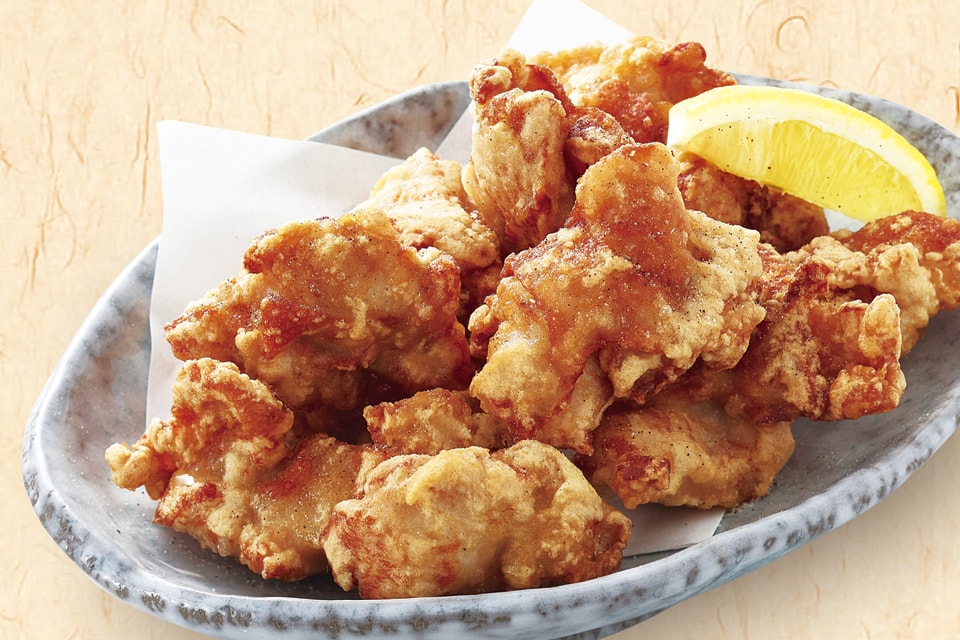
焼く(yaku) To cook
As with English, this is a very broad term and can encompass a range of different cooking methods – from sautéed, to seared, grilled, and even baked. But you can rest assured when you see this character knowing that your meal will be packed with flavor and usually steaming with heat.
肉(niku) Meat
This is an important one. Niku, which symbolises meat, is almost always preceded by another character that identifies the specific type of protein – so if there is a particular food you’re adverse to, such as pork, then google translate ‘pig’ which is ‘豚’ and make sure to avoid that. If you’re vegetarian, any dish that includes the character 肉 is off limits for you.
Specific meats
- 豚肉 (ぶたにく) – Pork
- 鶏肉 (とりにく) – Chicken
- 牛肉 (ぎゅうにく) – Beef
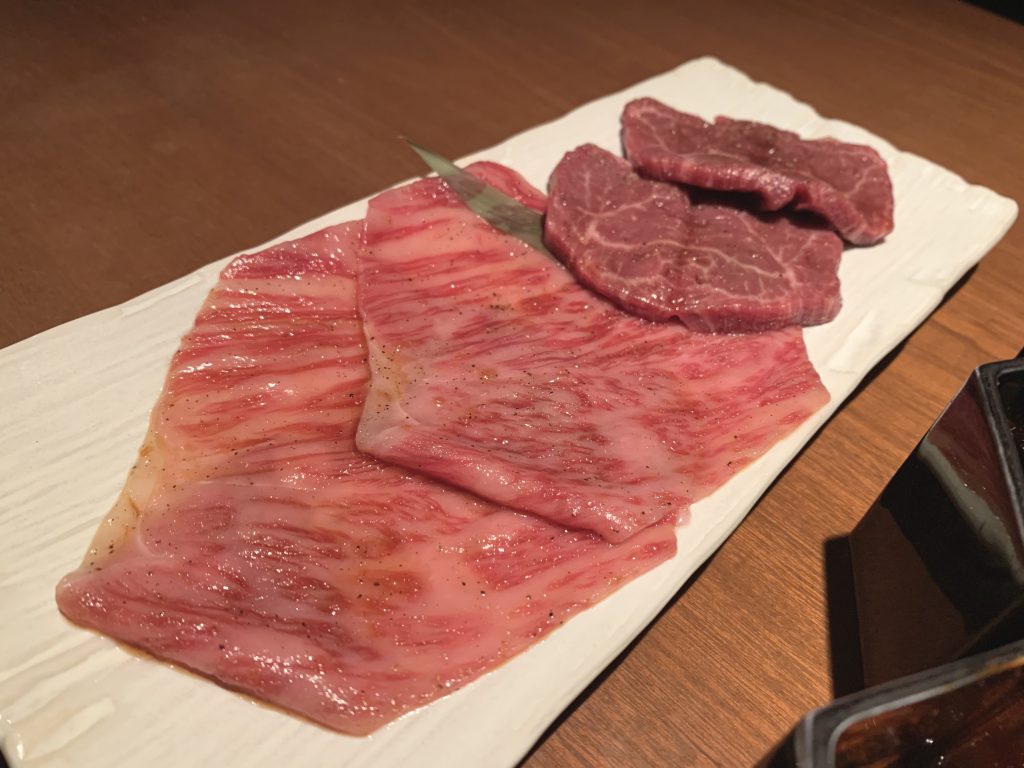
魚(sakana)Fish
Another holy grail of Japanese cooking – fish! The longer you stay in Japan, the more familiar you will become with this character. It’s not only splashed across many restaurants and menus but is also frequently combined with other characters to specify the type of fish.
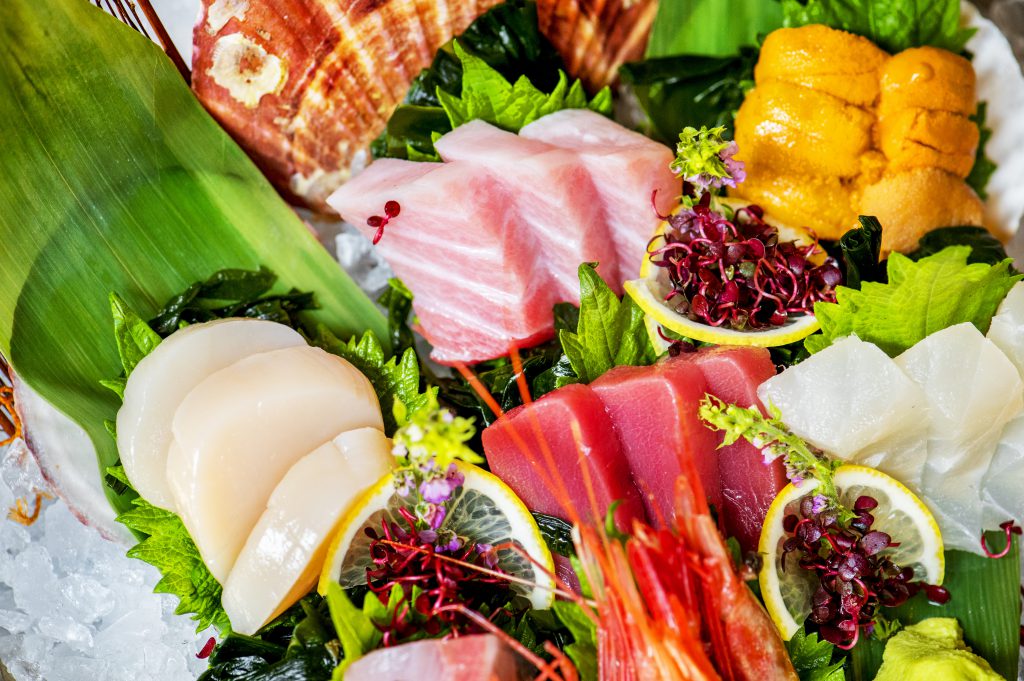
— Article From BACK LANE


